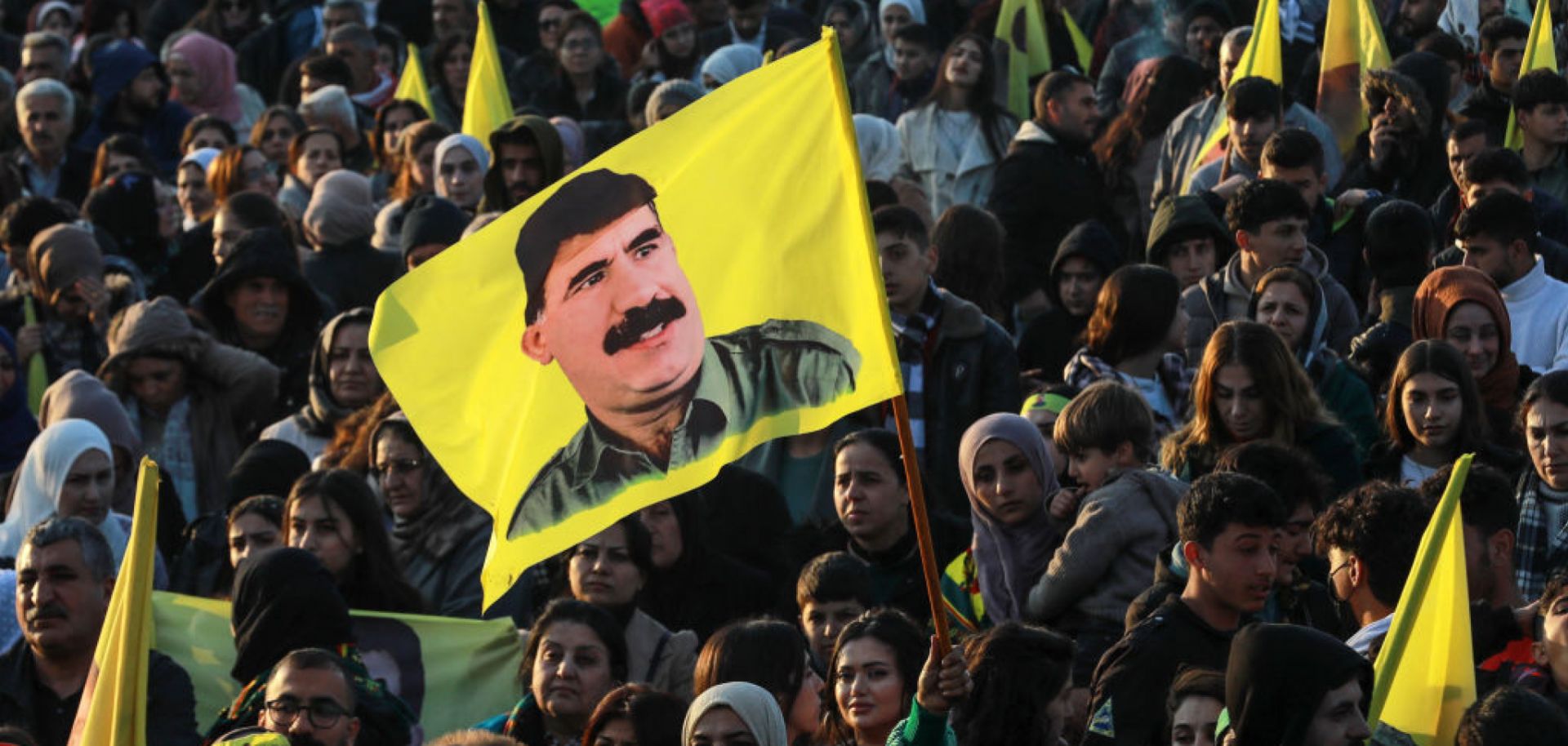The disbandment of the Kurdistan Workers' Party, or PKK, will reduce the group's immediate security threat to Turkey, but the peace process will remain fragile amid the potential for internal PKK fragmentation, isolated terrorist attacks and disputes over pro-Kurdish concessions, which could rob the ruling coalition of the political support it needs to secure President Recep Tayyip Erdogan's 2028 reelection bid. On May 12, the PKK announced it would dissolve and end its decades-long armed conflict with Turkey. The group said its imprisoned founder and leader, Abdullah Ocalan, will lead the "practical process" of disbandment but did not stipulate specific demands, concessions or a timeline for the process in the statement. In response to the PKK's announced disbandment, a spokesperson for the ruling Justice and Development Party, or AKP, said it was "an important step toward a terror-free Turkey." The PKK's announcement comes after Ocalan called for the group's disarmament...

